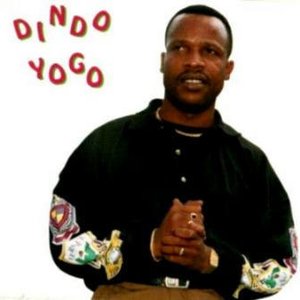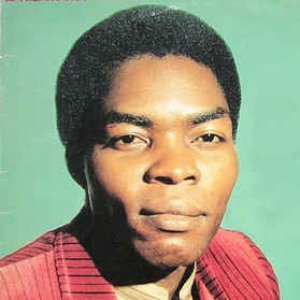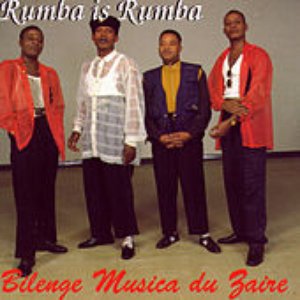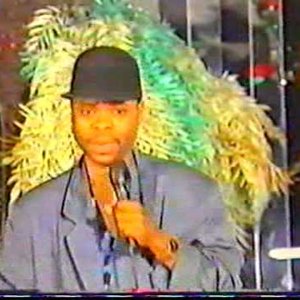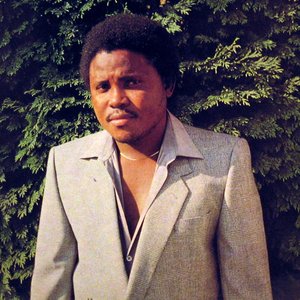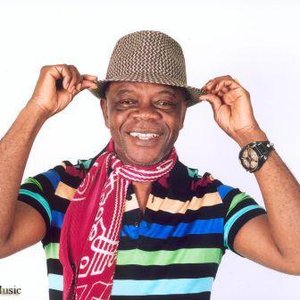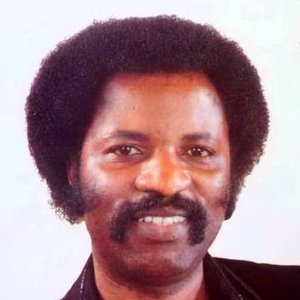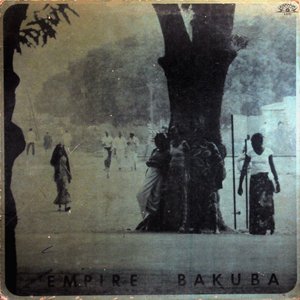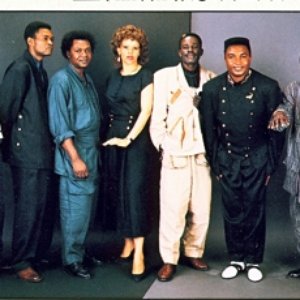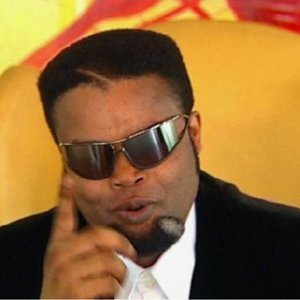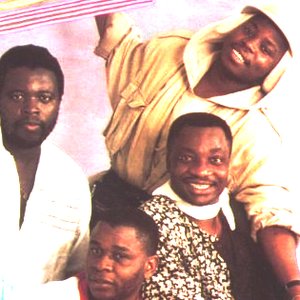Biography
-
Born
25 December 1940 (age 83)
-
Born In
Kinshasa, Congo, the Democratic Republic of the
Papa Noel (whose stage name comes from the fact he was born Antoine Nedule Monswet on Christmas day 1940) is a veteran of the golden age of Congolese music.
In the 1940s and 50s Congolese rumba, until then performed traditionally on lokole log drum and sanza thumb piano was modernised by a group of pioneers. They transformed it by playing it on electric guitar, Latin congas and brass instruments. There was certain influence from commercial Cuban music - including rumba, son and cha-cha-cha - circulating at the time, as well as the absorption of sounds from regional and folk musics brought by rural migrants to the country's cities.
Rumba's musical structure shifted due to the creative impulse of Joseph Kabasele 'le Gran Kalle' and members of his band African Jazz. Others involved in this re-birth were Mwamba Déchaud, Tino Barroza and Nicolas Kassanda aka Dr Nico. The first success of this new period came in 1948 with Marie Louise, by guitarist Antoine 'Wendo' Kalosoyi. Other groups contributed to the increase in popularity including in 1956 the legendary Franco Luambo Makiadi's OK Jazz, les Bantous de la Capitale in 1958 and later Tabu Pascal Ley's African Fiesta in 1963. Through their inventiveness and the very lively local scene rumba became the Congolese musical trademark, the first Pan-African dance sound.
Papa Noel played guitar with several groups from that era notably Rock a Mambo (with two members of Franco's OK Jazz), les Bantous de la Capitale, Kabasele's Orchestre African Jazz and then Franco's OK Jazz. For Café Noir he draws inspiration from Cuba, the island whose rumba has inspired many leading Congolese musicians. The connection is direct as during the colonial period many Congolese took an enforced passage as enslaved peoples to Cuba. Having survived their music was key to the creation of traditions in the ports of Matanzas and Havana which have become known as Cuban rumba.To celebrate this on this recording, Papa Noel's guitar is joined by the distinctive sound of the Cuban tres with its three pairs of metal strings played by Cuban sonero Cotó. Joining in this reunion is Cameroonian saxophonist Manu ('Makossa man') Dibango, giving him the opportunity to evoke the hot nights of Léopoldville (today's Kinshasa), drawing on his own early years playing there with African Jazz.
Both Cuban and Congolese rumba callejera (street rumba) are all about dance! With Café Noir, Papa Noel pays tribute to the fact that Cuba has always been both a model and source of inspiration for African rumberos.
Artist descriptions on Last.fm are editable by everyone. Feel free to contribute!
All user-contributed text on this page is available under the Creative Commons Attribution-ShareAlike License; additional terms may apply.

